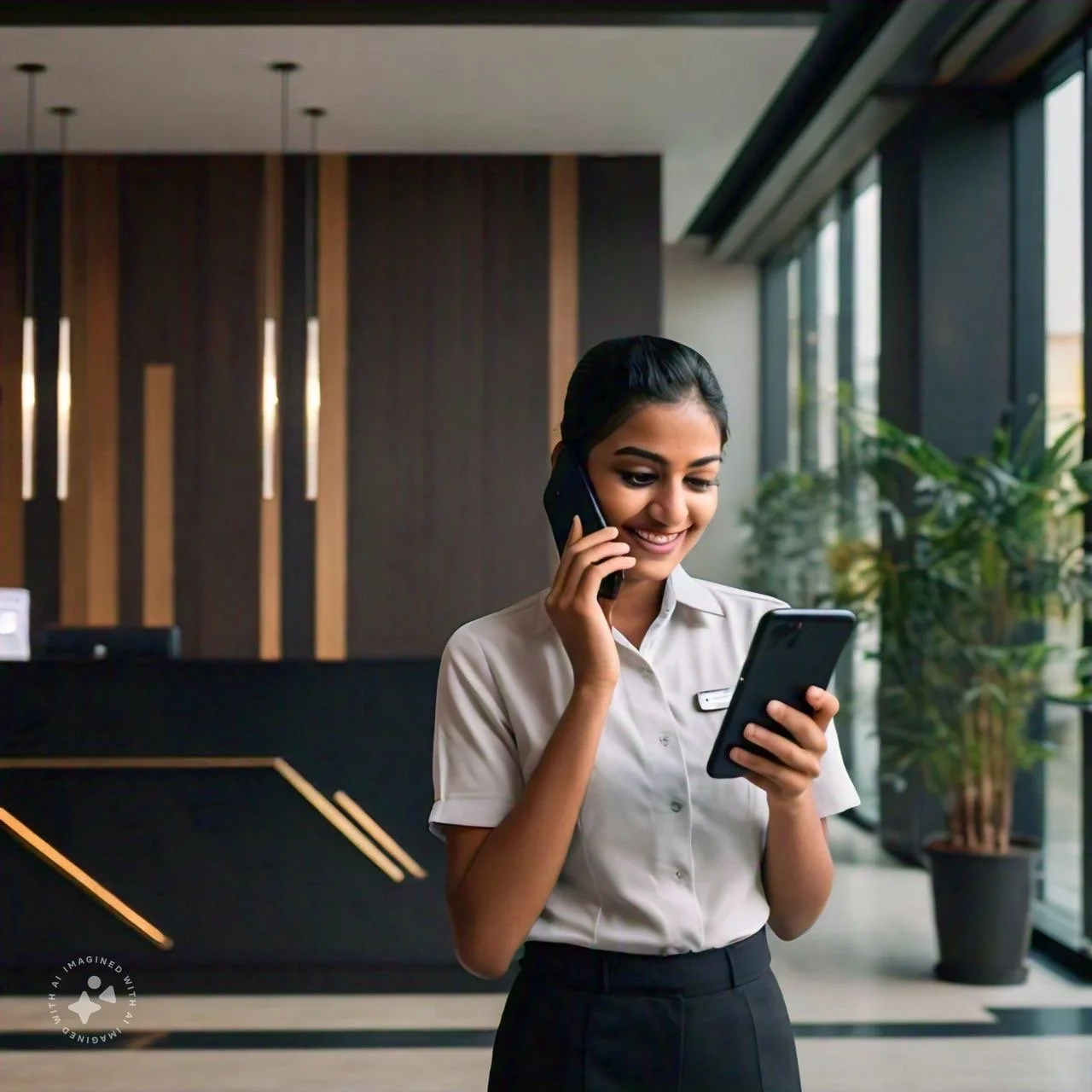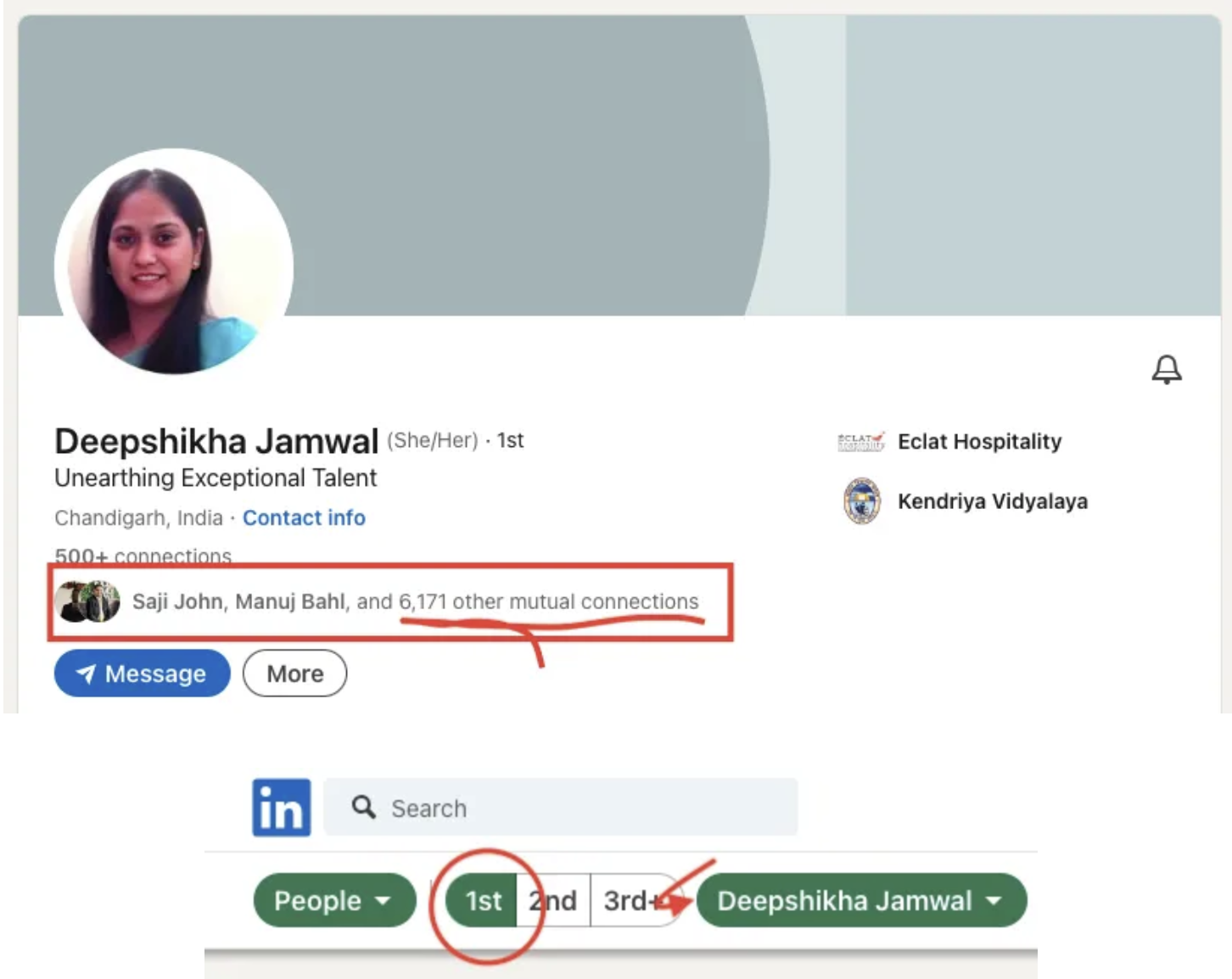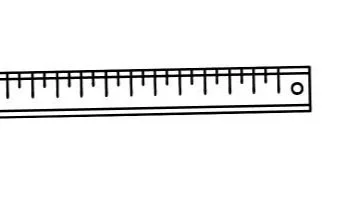Your Hospitality Adventure: Embracing Talent, Refining Skill
Talent is something you’re born with.
Skill is something you earn.
Skill comes from commitment and practice and self-discipline.
Here is the immediate takeaway from this post, if you do not like reading long posts:Step 1 - Make a list of everything you are required to do in your job or the job you are applying for.Step 2 - Write 'T' in front of tasks/expectations that are Talent, 'S' in front of tasks that are Skill.Step 3 - For all 'T's, ask the question 'Do I have this talent?'. Yes or No. If you do not have the 'Key' Talent, look at other careers.Move to next step only if you have the basic talent required for the job. Think of it this way, if you can't sing, you can't sing. Practice (Riyaaz) only works, if you have the innate talent.So, do you have the talent required to succeed in the job?If yes >Step 4 - For all 'S's, ask the question, 'Is my skill level the highest it can be?' If yes, it is time to talk to your boss about the next steps in your career or talk to a consultant. :)If not, Make a plan to take your skill levels to the highest possible. If you like reading long posts, then go on.
Let's understand the concept of Talent & Skill, using the 'Food & Beverage Service Assistant' - Qualification pack form THSC - QP Code: THC/Q0307
You can also use the Australian Govt unit that describes the performance outcomes, skills and knowledge required to serve food and beverages to customers in a casual dining setting.
According to the THSC:
Brief Job Description
The individual at work carries out all the back-end activities and assists the food and beverage service team to execute service without any holdups.
Personal Attributes
The job requires the individual to be polite, well-groomed, committed, and service-oriented with great interpersonal skills and attention to detail.
If you got through these in detail, you will eventually put almost everything into the 'S' category of Skill.
Let's take just 3:
PC2. arrange the table/chair as per standard layout 'S'
PC8. ensure all restaurant mise-en-place is completed in the back area etc 'S'
PC9. greet the guests as per organizational service policy - 'T'
The only 'T', is the talent of warm welcome.
Warmth is a talent. Some people are just warm. You know them from your own circle and connections. The people who have the ability to make you feel like you are the only person in the world that matters to them in that moment. The ones who walk you out, who tell you how much they missed you and make you feel they mean it.
If you do not have that Talent, you may not make a great food & beverage host.
Can you work on it? for sure, we can all work on every aspect of ourselves, but it is a good idea to ask, 'how much better can I get at this?'
Skill levels have a high correlation to practice.
The more the practice (it is actually deliberate practice and we will do a longer post on that soon), the better you should get at the skill.
Take PC2. arrange the table/chair as per standard layout. The more times you do this, the better you should get at it. The easier it should be to accomplish this without an error and it should get done faster too.
If you do not have the Talent that might be the minimum requirement for your job, you may not be able to perform at your best.
So does this mean only the person with the innate Talent can be successful? No.
Let's continue with the example of F&B Associate.
Prachi has a high innate talent for warmth. Her smile seems genuine, welcoming and she puts her guests at ease. But her skill levels for taking orders, serving the food, etc., are low.
Aditya, has very high levels of skill, can carry 10 plates, clear tables very fast and has a fabulous memory for remembering guests request, but does not come across as warm.
According to the theory, it should be easier for Prachi to get better at the job overall, since it is easier to build Skills than Talent. But it will come down to mindset. If and only if, Prachi has the the mindset, the determination to get better at the skills, will she get better. Just repeating the tasks will not make it better.
Aditya on the other hand, can become a very valued member, an efficient team member, but will need to re-assess his career path if he cannot improve on the warmth. He may look at operations that are not so 'guest interactive'. He might be better suited to F&B operations that are 'low-touch' rather than 'hi-touch' (example, QSRs or Catering rather than Fine Dine).
The ideal would be to use The SWAP NOW framework. Prachi and Aditya help each other get better.
How to Max This For Yourself:
Take a look at the jobs you are applying for / interested in. Read the job description. Try and mark the requirement into Talent or Skill.
You can also use ChatGPT. Paste the entire job description and then ask AI to make you a list.
If in your self assessment you have the talent requirements in good measure, apply to that job, highlighting those Talents.
Here is a job post for a Restaurant Manager, that Hilton posted on linkedin.
Under 'What will I be doing?', the job post says:
As the Restaurant Manager, you will be responsible for performing the following tasks to the highest standards:
Listen and respond spontaneously to questions asked by guests, team members and suppliers.
Find an immediate solution to precise and simple problems.
Know how to improvise during an emergency.
None of these are skills.
In fact, all the skills that you pick up as on your career path to becoming a Restaurant Manager are summed up in one line, in the job post:
Maintain in-depth technical knowledge and skills required for the job.
Now, imagine you have worked for 5 years. First as an F&B Assistant, then F&B Supervisor, then Executive and all this while you kept getting better and better at the skills. That is not what will get you the Restaurant Manager position.
Here's what you need to do then:
a. Focus on skills for the first few years of your career. Get very very good at these.
b. Observe your seniors in the non-skill areas - communication, ideation, ability to handle emergencies, ability to improvise etc. Make notes, ask questions.
c. Start raising your hand / volunteering to manage such situations. A supplier is not able to supply on time, offer to work with the supplier to understand how the situation can be resolved. A team mate is unable to improve at work, offer to buddy them. Only when you put yourself in situations that require your Talents to be used, will your Talents become seen. Only then you will know if you have what it takes.
If you are still confused, fret not. We are here to help. Write to us at newsletter@eclathospitality.com. If you think it will be a bother, fret not, this is where are Talents are best used!

























Mentorship in hospitality offers four key functions: developing a professional identity, problem-solving support, respect and friendship, and role modeling (Kram, 1985a). A mentor can guide you through guest crises, build your confidence, and help shape your leadership style. Mentorship isn’t one-size-fits-all—it’s about finding the right support to navigate your unique career path and grow in the industry.